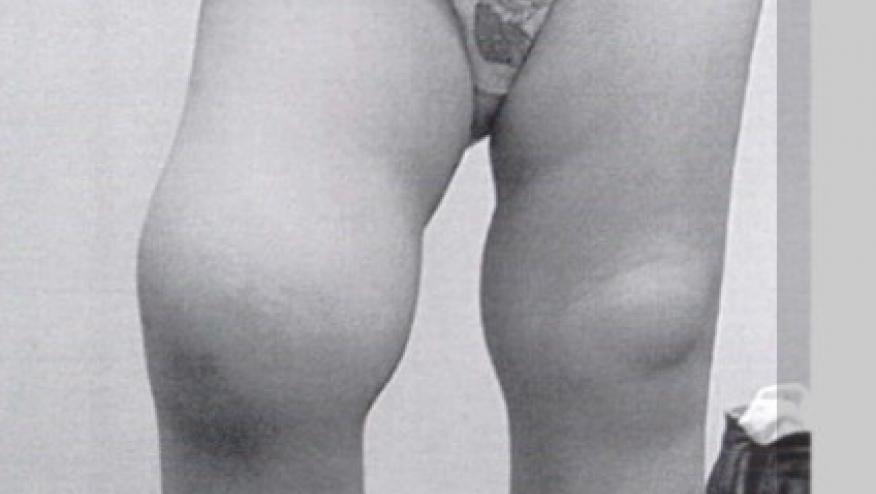Novel Protein as a Potential Autoantigen in JIA Save

Juvenile idiopathic arthritis (JIA) is clearly not related to rheumatoid arthritis and until recently has no identifiabile autoantigen linked to JIA.
Researchers at Albert Einstein College of Medicine and the Children’s Hospital at Montefiore have published their results showing that a human protein called transthyretin (TTR) causes an autoimmune reaction in the joints of JIA patients. (Citation source: http://buff.ly/1nrQRQm)
TTR is a chaperone protein that transports various molecules, including thyroxine and retinol (vitamin A), in the blood and cerebral spinal fluid. TTR has been found to upregulated in the synovial fluid (SF) of patients with rheumatoid arthritis (RA) and osteoarthritis (OA).
Clement and coworkers found significantly more TTR production and in TTR autoantibodies in the JIA population as compared with controls. They also found 3 naturally processed cryptic TTR peptides that bind to HLA-DR1 with high affinity and induce T cell proliferation and cytokine production in a small subset of JIA patients. Aggregated and oxidized TTR was also observed in the SF of all analyzed JIA patients as compared to controls.
Based on these findings they postulate that TTR’s involvement in JIA may be abrogated by a potential treatment – with a drug called tafamidis, which targets TTR. Tafamidis was approved in Europe and Japan for treating familial amyloidosis, which is also linked to TTR.
The drug is now undergoing phase III trials in the U.S.










If you are a health practitioner, you may Login/Register to comment.
Due to the nature of these comment forums, only health practitioners are allowed to comment at this time.